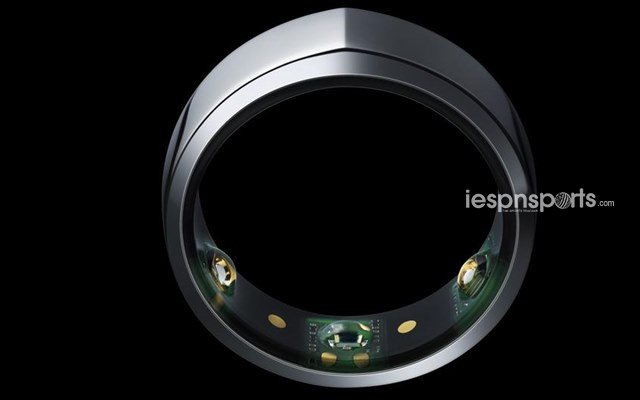ENGLISHIPL ENGLISHLATEST UPDATESNEWS
How smart rings monitor health inside the bio bubble of IPL 2020


After many delays, the much-awaited thirteenth edition of the Indian Premier League is finally set to roll out on September 19th. Indian stars, who are away from the field since March, will return to action for the first time amid COVID-19 pandemic.
The tournament’s feasibility was slim at one point, considering the present COVID-19 scenario in India. But the BCCI identified UAE as a viable option to stage the league under safety measures and SOPs. In the wake of the pandemic, all franchises have also been confined to a ‘bio-secure’ bubble to curb the risk of COVID-19 transmission.
To ensure the tournament goes ahead smoothly, there are certain tools being used to monitor the health situation such as face masks and screening. One such item is the ‘Oura smart ring’, which is said to be used by players in the bio-secure bubble.
The ring will carry out temperature and oxygen saturation checks, which are believed to be key indicators of coronavirus. A similar kind of ring was also used by NBA in the USA when the tournament resumed after coronavirus-hiatus. The price of the ring is USD 300 per unit.
The smart ring works like an oximeter
“The Oura Ring is a health wearable that measures body temperature directly from your skin rather than estimating it from your external environment. Temperature is a vital component of accurate sleep analysis, athletic performance, and the ability to uncover potential signs of illness,” Harpreet Singh Rai, CEO of Oura told Scroll.
The Oura smart ring basically works like an oximeter to scan the coronavirus symptoms and help in reducing its spread. It measures key aspects like heart rate, heart rate variability, respiratory rate and temperature of an individual.
According to the makers of the ring, it may look a bit bulkier than an average jewellery piece, but one eventually gets accustomed to it with time. According to the company’s website, the ring measures from the arteries within fingers instead of the wrist. It uses infrared light photoplethysmography, which reaches deeper than the green light LEDs which are found in most wearables.





